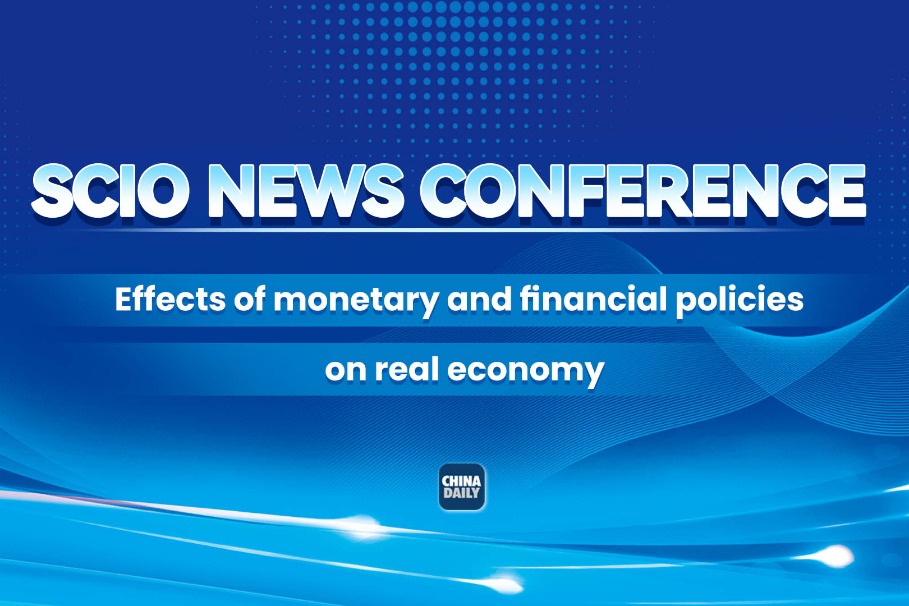Germany walks the tightrope as Washington ups China pressure

Before German Chancellor Olaf Scholz's visit to the United States, White House press secretary Karine Jean-Pierre said the visit is an opportunity to reaffirm the deep friendship between the two countries and discuss important issues such as "working together to support continued efforts in Ukraine, impose costs on Russia through sanctions and export controls, and strengthen transatlantic security". Scholz said he had a lot to talk with US President Joe Biden about supporting Ukraine.
The high-level visits between the US and Germany usually reflect the warm ties the two countries share, and the "personal friendship" between their leaders. However, Biden made an unannounced visit to Ukraine ahead of the first anniversary of the Ukraine conflict and then made an official visit to Poland, bypassing Germany.
Clearly, the US is making no secret of its intention to put greater pressure on Germany to make a "bigger contribution" to its strategy of countering China, while German politicians, think tanks and the media hope to talk more about the Inflation Reduction Act that brings great disadvantages to foreign products, manufacturing and services in the US market.
Some German officials believe Germany and the US have many converging or close strategic interests, but also many where they disagree, leading Germany to adopt a "dualistic stance" that accommodates US interests and sentiments while emphasizing Germany's and Europe's strategic autonomy.
On the Russia-Ukraine conflict, for instance, the US and Germany are one in seeking unity and consolidation within NATO by assisting Ukraine and weakening Russia, but unlike the US, Germany, which is close to the conflict zone, is concerned about the spillover effects. So, while the US seems determined to escalate the Ukraine issue, Germany has been switching between conservative and radical stances. Even regarding China, while the US is pressuring allies to contain it, Germany has its own considerations in view of its economic ties with China.
Given that Europe has to rely more on the US' military shield, Europe might have to restrain its intention of adopting an independent strategy. Therefore, Germany, the economic powerhouse in Europe, is bound to submit more to the US on bilateral issues. That can explain why before Scholz's visit to the US, a number of German politicians were busy pressuring China on the Ukraine issue, a sign that Germany will dance to the US' tune.
BEIJING NEWS
Today's Top News
- PBOC cuts rates on targeted monetary tools
- Legal tools essential for AI regulation
- China calls for dialogue on Iran situation
- Denmark rebuts Trump's Greenland security claims
- China, Canada vow to enhance bilateral ties
- Xi's speech at Central Urban Work Conference to be published






























